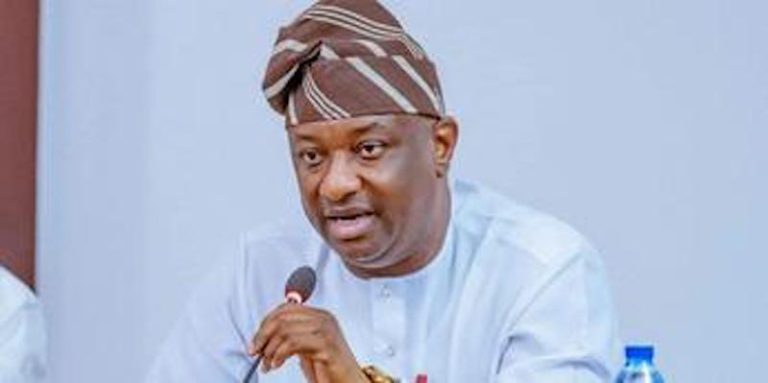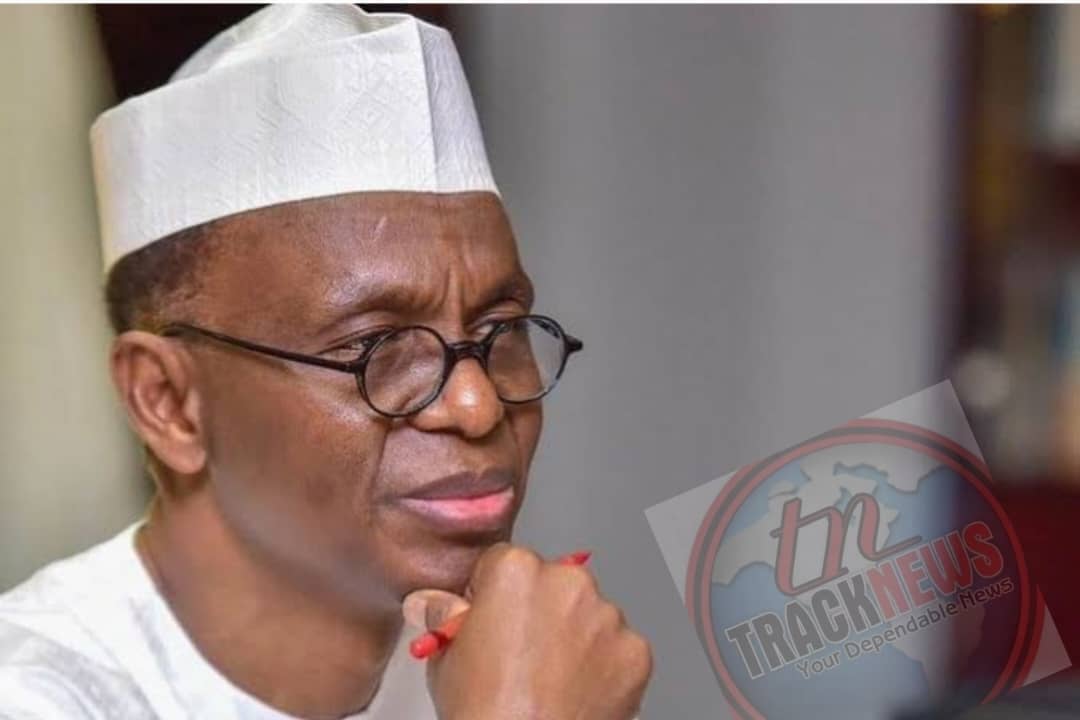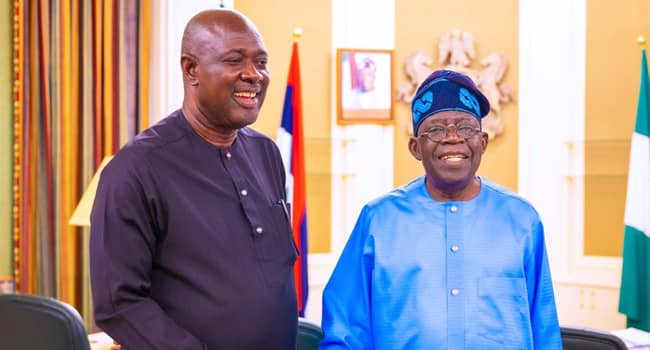Former Minister of State for Labour and Employment, Festus Keyamo, has cautioned the Peoples Democratic Party (PDP) against fielding former President Goodluck Jonathan in the 2027 presidential election, warning that such a move could expose the party to legal risks.
Speaking on the issue, Keyamo stressed that constitutional provisions may prevent Jonathan from seeking another term in office after he previously served as president, noting that the opposition party would be walking into a legal trap if it chose him as its candidate.
Meanwhile, former Kaduna State Governor Nasir El-Rufai has predicted that President Bola Ahmed Tinubu will come third in the 2027 presidential election. El-Rufai’s comment has drawn widespread attention as he argued that the current administration has lost public confidence. He claimed that Nigerians are disappointed with the pace of governance and delivery of campaign promises, which could cost Tinubu significant support when the nation heads to the polls.
El-Rufai also accused Kaduna State Governor Uba Sani of disrupting a recent meeting of the Arewa Development Congress (ADC) in Kaduna. According to him, the disruption was an attempt to stifle open dialogue among northern leaders about pressing security and development challenges. He alleged that such interference undermines democratic engagement and silences dissenting voices within the political space of the North.
The escalating political exchanges have drawn in other senior figures. The Office of the National Security Adviser (NSA) responded directly to El-Rufai’s claims about the government’s handling of security challenges, particularly banditry in the North. The NSA maintained that facts and statistics on ongoing operations contradict the former governor’s allegations. Security officials insisted that significant progress has been made in curbing attacks by criminal groups across states, pointing to data showing reduced incidents of mass abductions and armed assaults compared to previous years.
Government sources argue that El-Rufai’s comments risk politicizing national security at a time when the armed forces and law enforcement agencies are engaged in difficult operations. They say efforts to improve intelligence gathering, strengthen coordination between security agencies, and increase military presence in rural communities are beginning to yield results. The NSA urged leaders to avoid statements that could demoralize frontline personnel or embolden criminal networks.
Political analysts note that the recent remarks by Keyamo and El-Rufai highlight the intensifying maneuvering ahead of the 2027 general elections. With Jonathan’s potential candidacy being debated and Tinubu facing criticism from former allies, the political atmosphere is already heating up more than two years before the polls. The PDP has yet to officially decide on its candidate, while the ruling All Progressives Congress (APC) is grappling with internal disagreements over performance and direction.
El-Rufai’s prediction that Tinubu could place third has been interpreted by observers as a significant warning sign of discontent within northern political circles, traditionally seen as a key voting bloc. If sustained, such sentiment could reshape alliances and strategies for both major parties. However, supporters of the president dismiss the forecast as premature, insisting that Tinubu retains strong grassroots backing and has enough time to consolidate achievements before the election season.
As debates intensify, Nigerians are closely watching the unfolding dynamics, especially as questions of security, governance, and constitutional legality dominate discussions. The coming months are expected to reveal whether Jonathan will indeed consider another run and whether Tinubu can counter growing criticism to maintain his political dominance.





